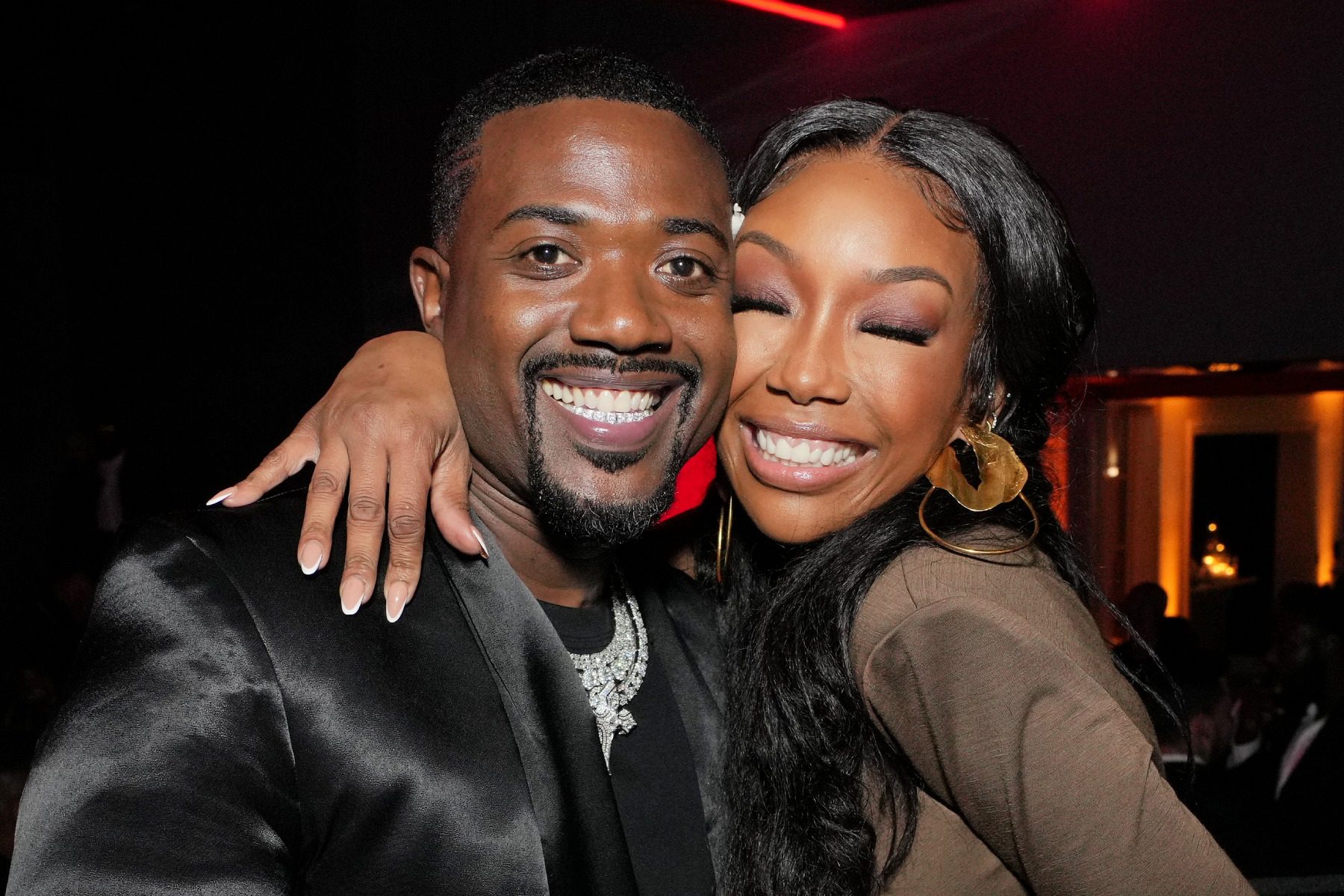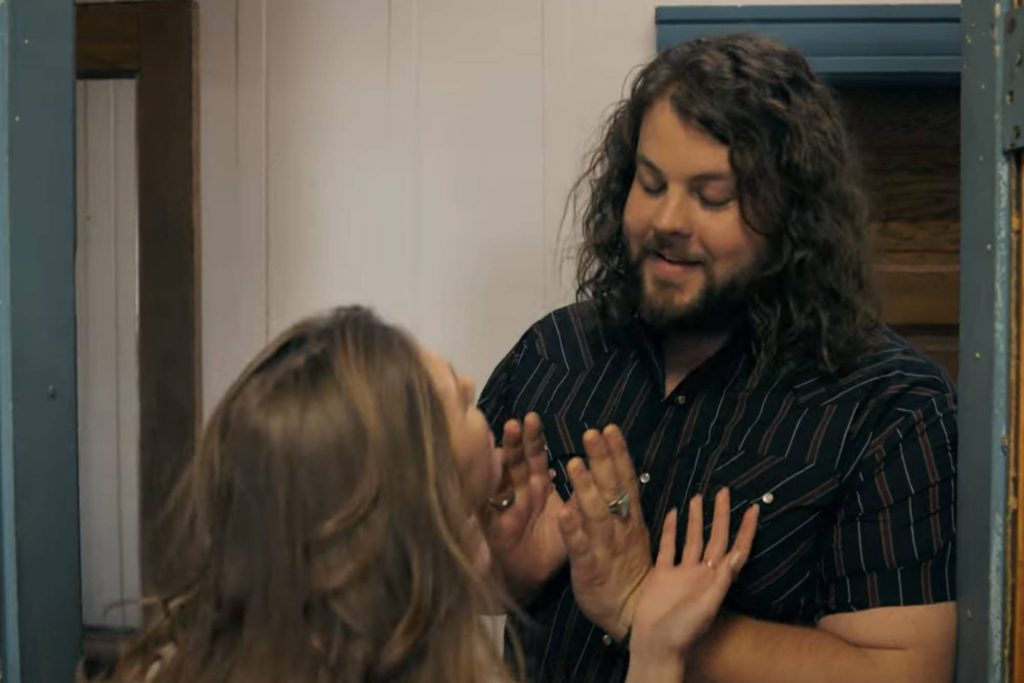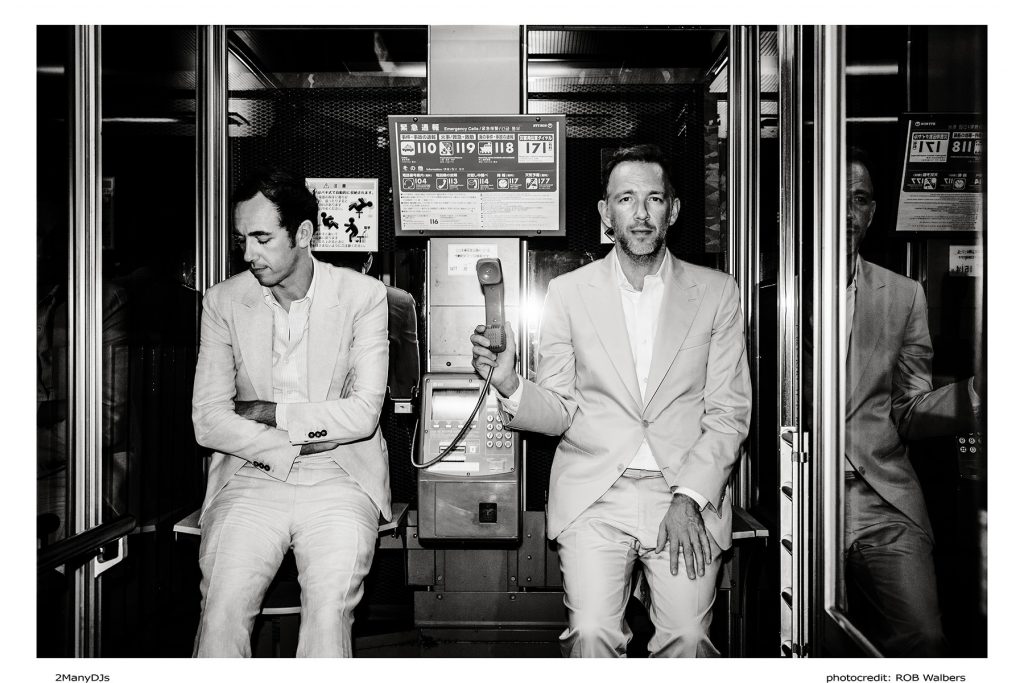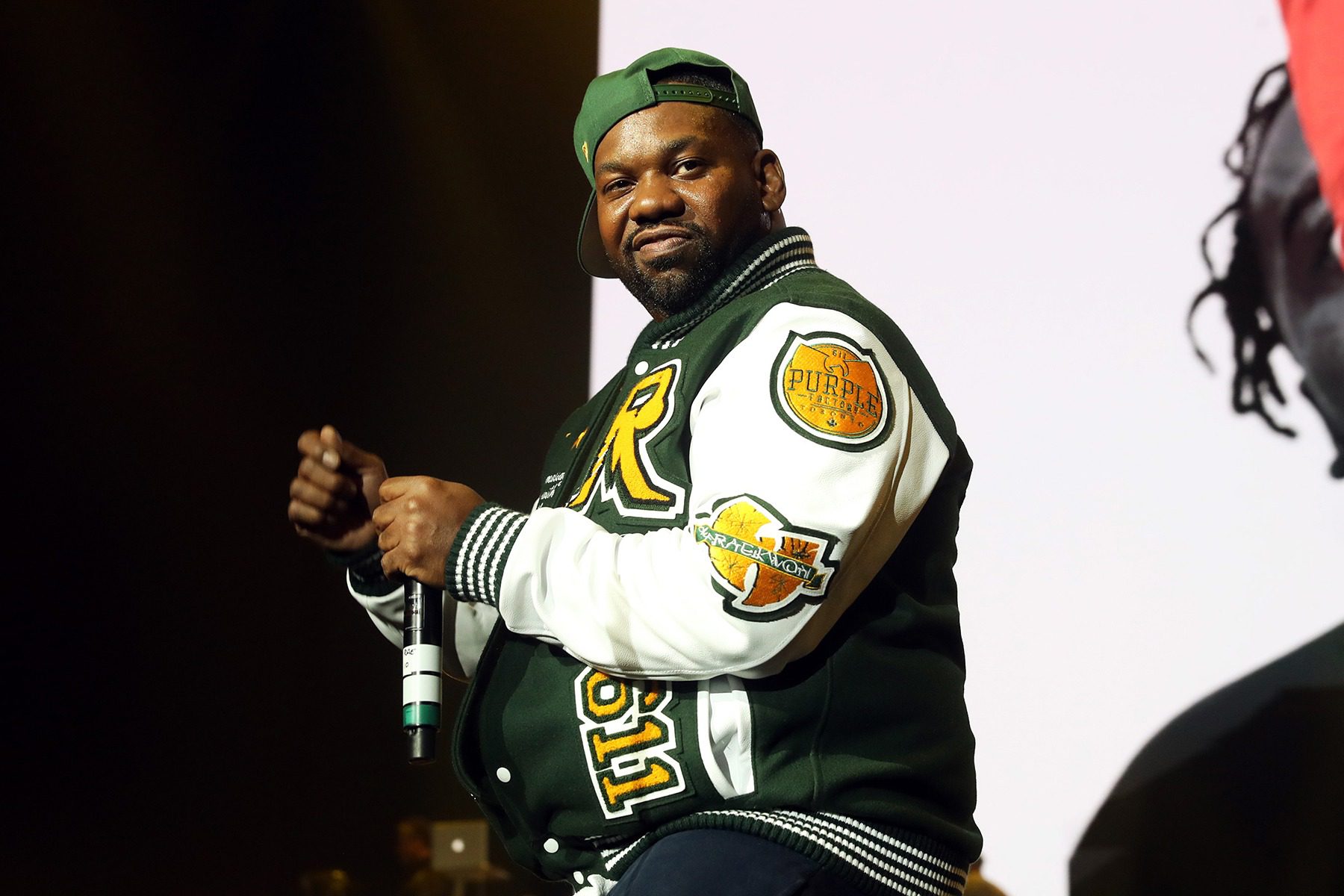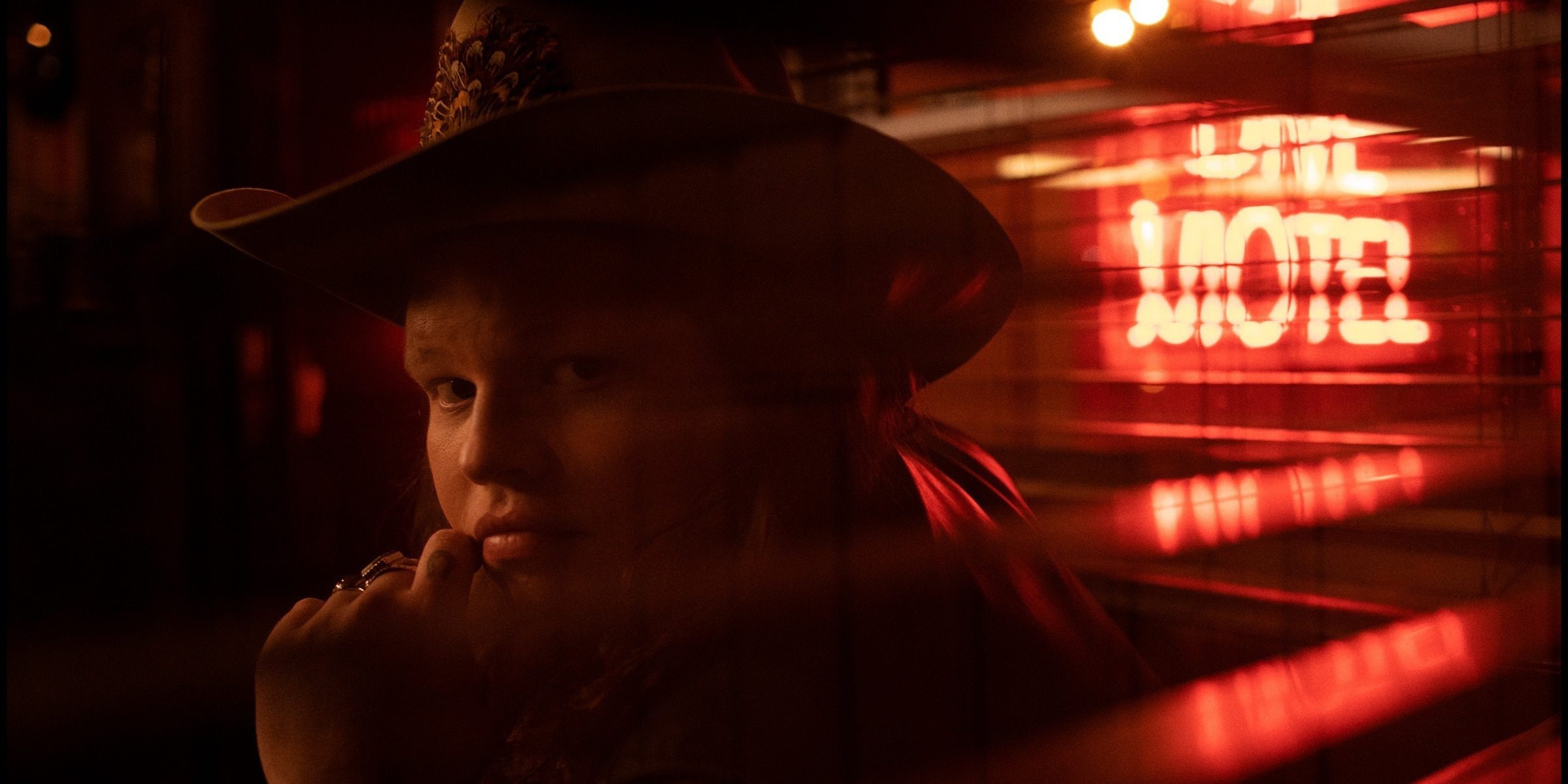
How Marcus King Turned a Dark Period Into a Blistering Rock Album
How Marcus King Turned a Dark Period Into a Blistering Rock Album
The singer-guitarist saw eerie parallels between his life and that of a classic rocker who died young. But then he changed his ways — and channeled it all into the Dan Auerbach-produced Young Blood
Marcus King leans back and takes a swig from a can of Coors Light as he talks about having premonitions of his own doom. The singer-guitarist turned 25 last year, and went through a period of profound heartbreak and self-destructive behavior. He kept hearing one English rock band’s songs in unlikely places.
“I would hear Free everywhere, like deep-cut tunes you never really hear. Because everybody knows ‘All Right Now,’” King says. “I was in a restaurant and ‘Wishing Well’ would come on, or I was watching the [FX on Hulu] show Devs, with Nick Offerman, and ‘Oh, I Wept’ was the opening song for one episode.”
King couldn’t help wondering about what it might mean. Paul Kossoff, Free’s guitarist, had a legendary appetite for booze and other substances before he died of a pulmonary embolism, at the age of 25. To King, the parallels with his own life were a little too close for comfort. “I was seeing all these signs,” he says. “I was feeling really paranoid that something was trying to tell me to either slow down or that the end was inevitable and that it was coming pretty soon.”
The fear of an untimely demise may have had an unsettling and recalibrating effect on King, who’s got a healthier outlook today. But his upcoming album, the guitar-heavy, bruising Young Blood (out Aug. 26), taps into those feelings, sounding like it’s been animated by the spirit of Kossoff and the gods of hedonistic Seventies rock & roll.
It’s a surprisingly mild June afternoon in Nashville, which is to say it’s 85 and not so humid that one needs gills to be outside. King’s home, a rustic, Seventies-era structure near Old Hickory Lake, just outside the city, sits on a wooded, hilly lot that’s accented by Japanese maple trees and a stone water feature that curves around toward the driveway.
King is dressed for 25 degrees cooler in a red plaid flannel shirt, black T-shirt, and dark jeans, with his long, light-brown hair spilling out from beneath a backward-turned white baseball cap. We’re seated at a small table on a covered patio outside King’s basement, where you can find his home studio.
Earlier in the week, King made a couple of appearances amid the hustle of CMA Fest, doing what he’s gotten very good at doing: blowing the minds of the unsuspecting. He performed a couple of songs at Marty Stuart’s popular Late Night Jam at the Ryman Auditorium, where King earned a standing ovation for his cathartic rendition of “Wildflowers & Wine,” which showed off the soulful singing and fluid playing that have made an enthusiastic fan out of Stuart. “He is a modern-day gladiator, bona fide guitar hero, and a seemingly unstoppable force of nature,” Stuart says. “He is a such a great writer, singer, and player.”
King also got a big moment in the spotlight at Nissan Stadium when the Zac Brown Band brought him out as a guest to sing their collaboration “Stubborn Pride” and play an extended guitar solo. The audience of thousands, ostensibly more of a mainstream country crowd than deep Americana- or jam-band-heads, responded with rapturous applause.
It’s not the first time that the South Carolina native, who made a splash in the jam-band world with the Marcus King Band, has turned heads. Born into a musical family, his preternatural gifts earned him a following as a teenager. In 2018, the Marcus King Band worked with producer Dave Cobb on their album Carolina Confessions; two years later, King went solo and began working with Black Keys frontman and Grammy-winning producer Dan Auerbach. The product of their collaboration, 2020’s El Dorado, largely steered away from his group’s Allman Brothers blues-rock bent and leaned more into softer, country-soul tunes like “Beautiful Stranger” and “Young Man’s Dream.” “It was like a way for me to show that I can do more than just the rock & roll guitar, blues thing,” King says.
In 2021, King endured a particularly tough breakup and wrote songs about it that have yet to surface. He was also medicating himself with booze and other substances. “It was a coping mechanism,” he says. “I didn’t want to be alone, ever. And I’ve got a large support group, and that’s my band and great family, but I just kind of shut down in those times. And when you rely on substances, they can trick you into believing that they’re your only friend.”
King went on tour with Nathaniel Rateliff, but was feeling so bad he wasn’t sure he’d be able to get through it. “I was having a lot of really crazy heart-rhythm stuff, which you get with a hangover, you know?” he says. “But I probably was just paranoid to the point that that’s just what I was feeling.” King ended up meeting his now-fiancée, Briley, while out on that tour, calling her his “beacon of light.”
King’s shift to classic rock came after he regrouped with Auerbach, who brought in ringers like Desmond Child, Angelo Petraglia, and Andy Gabbard to co-write songs for a new album. It turned out to be a therapeutic and creative process for King.
“I was going through such a difficult time,” he says. “I was really overdoing it in all aspects. So that was good as far as creativity is concerned. But Dan being like an older brother, it was good to have someone that I look up to like that to work with at a time such as that. Every session would start with, like, a quick Q&A therapy session, talking about what I was going through, what I was feeling that day.”
That naked anguish and frustration poured into the songs on Young Blood, from the bitter kiss-off “It’s Too Late,” with its stuttering, tempo-shifting intro, to the paranoid, bummed-out “Dark Cloud,” featuring a chunky signature riff that might have made Kossoff smile.
There are traces of King’s desperation on Young Blood as well. The blistering “Pain” talks about wearing a mask to hide his troubles. Even more intense, “Rescue Me” sounds like it’s coming from the bottom, where “vice, coke, and whiskey” are his masters and he’s begging for someone to help him out.
“I was super hungover. I hadn’t been sleeping much. I was just so depressed and I was shaking,” he recalls of that writing session. “And I was like, ‘I just need to take a minute. I’m either having a panic attack or I need to go somewhere.’ I called a physician friend of mine. I was like, ‘I’m in a session. Should I leave?’ He’s like, ‘You’re going to be fine. Don’t try to stop it all at once. But if you could check in somewhere, that might be a good idea.’”
He ended up detoxing at home. Asked about that experience, his response is succinct: “Hell on earth.”
“It was a really reflective period where I was able to take a look back at every relationship I’ve had and recognize my part in why they failed,” he adds. He borrowed a page from the 12-step program and started trying to make amends — to others as well as to himself.
It’s pleasingly tranquil out here — no road or city noise to speak of, just the sound of birds chirping and squirrels scurrying around. King’s dog, Otis, a black-and-white Great Dane mix, walks around the corner and bounds up the driveway toward us.
“Hey buddy,” King says, rubbing the dog’s massive head.
King’s been talking about how he likes to listen to Megan Thee Stallion to get hyped up for his shows. He also digs both Cardi B and Doja Cat, though he probably won’t be debuting a rap project anytime soon.
Lately, King has been working to develop some healthier routines. “I don’t understand why it’s so hard to do things that are good for you,” he says. “Like how much better I feel on the road when I wake up early. I meditate. I work out. I have a sensible lunch. Protein shake in the afternoon. I do that three days in a row, and I feel like an invincible human.”
“And then I’m like, ‘That’s great. But let’s drink a shit-ton of Coors Light, and I’m going to feel awful tomorrow and it’ll take me three days to recover from that,’” he continues. “And then you eat horrible foods because you’re like, ‘This will make me feel better, this huge burrito.’ I don’t understand how we convince ourselves otherwise. A healthy lifestyle helps me, which … you can’t be good all the time.”
Most important, King started learning about the benefits of self-care and self-awareness.
“The same care and the love that I make every effort to give to everyone else, I need to also do for myself,” he says. “I’ve always been an empath since I was young, and I’ve always cared about others’ feelings much more than mine. I just learned to check in with myself more regularly.”
With that checking in also comes the realization that while he’s borrowing from existing elements in his music, he’s also synthesizing them into something new. “It’s the combination of those things that haven’t been done before, the way that I do it,” he says. “That’s another thing about loving yourself. There isn’t another you. There’s people that may sound a lot like you or may do what you do a little bit better, but they don’t do it exactly like you. There’s only one.”
That was a quality that Zac Brown recognized from the first time he got to see King. “He’s an absolute monster on the guitar, and he has this incredible ability to transport people to another world when he plays,” Brown says. “Not often do you meet people that you immediately know will become legends but, when I met Marcus, I felt it.”
Like most anxiety sufferers, King sometimes feels like he’s in the wrong place. He’ll stand backstage at one of his shows, or wait in the wings to make a guest appearance with someone like Brown, completely on edge. But then, when it’s go time, a switch will flip. He knows that feeling will sustain him.
“I’m standing here and I’m a mess,” he says. “I get really in my head, but I never want to lose that because I can use it. As soon as I walk out and I plug in my guitar, as soon as I know everything’s working properly, I’m there and I’m in it and I feel alive. I feel free.”
